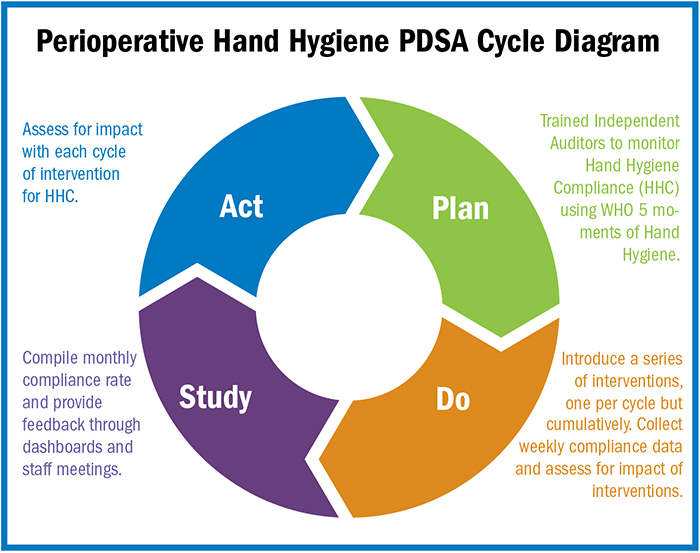
Health systems are fundamentally capital intensive. They are regulated; depend on highly educated, high-cost employees; and operate under complex reimbursement structures. Investing in new technologies and infrastructure upgrades is imperative to keeping up with the latest medical advances. But what happens when capital funds are insufficient or no longer available?…

Reduced costs, faster recovery, and other advantages can make outpatient surgical procedures more convenient for providers and patients alike. Ambulatory surgery centers (ASCs) are incredibly safe, but a lot of work goes into infection control. Cross-trained staff often wear many hats, and limited budgets may not leave room for dedicated…

From sharps and blood-soaked surgical instruments to discarded anesthetic agents, biohazardous waste from ORs can threaten human health and the environment. In addition, failure to adhere to regulatory requirements can result in significant fines. However, the volume and diversity of biohazardous waste can create challenges with managing this material. Mitigating…

Starting a new job can be stressful for anyone, but nursing comes with a particular set of pressures. A 2024 survey of 6,000 nurses from the American Nurses Association (ANA), in partnership with McKinsey and Company, found that an astonishing 45% of early-tenure nurses reported they were somewhat likely to…

It is often said that small actions lead to big results. This so happens to be the case with hand hygiene compliance (HHC) in healthcare. Imagine a simple act, like washing hands, cutting infection rates by half—hospital-acquired infections (HAIs) and surgical site infections being reduced simply by improving handwashing behaviors.…

Editor's Note Universitätsmedizin Berlin reduced anesthesia-related carbon emissions by more than 80% since 2018 by eliminating high-impact anesthetic gases, implementing education initiatives, and revising clinical guidelines, according to a February 27 report in Medical Xpress. The hospital’s efforts targeted desflurane, an anesthetic gas with an extreme climate impact—nearly 8,000 times…

Editor's Note Cataract surgery raises the risk of worsening diabetic retinopathy in adults with type 2 diabetes, according to a February 24 article in MedPage Today. The article focused on a a retrospective analysis published in the journal Ophthalmology. The study involved a large dataset from the TriNetX research network,…

Editor's Note The US Food and Drug Administration (FDA) designated Getinge’s recall of Vaporizer Sevoflurane Maquet Filling and Sevoflurane Quick-Fil and Philips’ recall of Tack Endovascular Systems as Class 1s, the most severe category indicating serious risk of injury or death. The Getinge recall is an expansion of a 2024…

Editor's Note Large employers are warning hospitals they will not absorb higher costs if plans by Republicans and the Trump administration for deep Medicaid cuts proceed, a February 28 article in Modern Healthcare reports. The threat of reduced Medicaid funding has reignited concerns about hospitals shifting costs onto employers and…

Editor's Note Prolonged exposure to general anesthesia during surgery contributes to long-term cognitive decline, affecting executive functioning, selective attention, mental speed, and information processing, according to a February 18 study published in the European Journal of Anaesthesiology. This prospective longitudinal cohort study followed 1,823 adults aged 25–84 in the Netherlands…